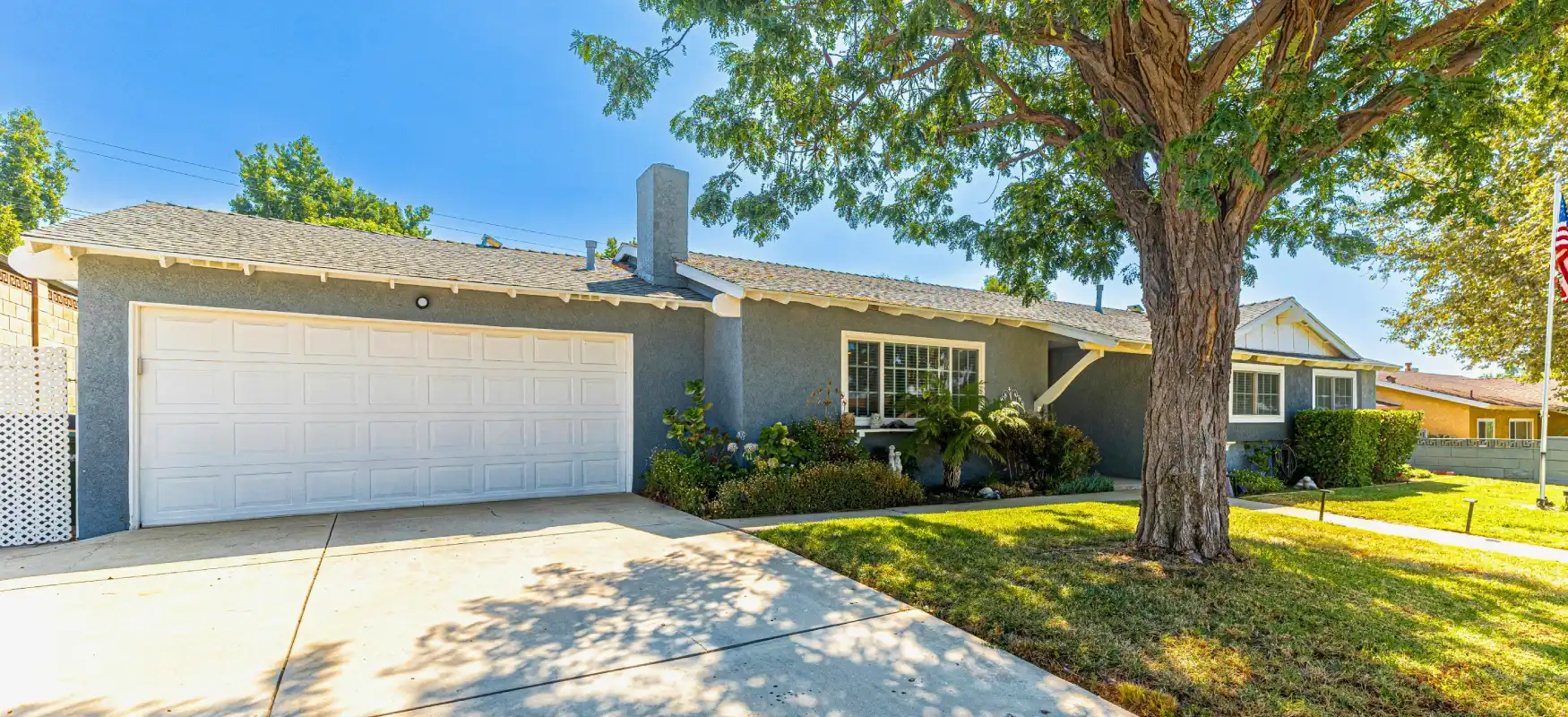Want to learn how to sell a house in California with Multiple owners? Then this guide is for you. Sharing a home with other owners comes with many benefits, but what happens when the owners have to decide how to sell a house in California? There are questions to be asked and guidelines to follow. This process can be particularly troublesome if one owner doesn’t want to sell, or there’s a disagreement between owners about the price.
Fortunately, at Stars & Stripes Real Estate, we’re here to walk you through the process and provide solutions for complicated issues when you need to sell your house fast.
Type of Ownership
The first step to selling a home with multiple owners in California is to determine what type of co-ownership you’ve entered into.
- Joint tenancy: In this situation, all owners hold equal shares of the property, and the others automatically inherit the share if one owner dies. The agreement can be severed if one tenant wishes to sell their share, but this conversion results in a tenancy in common.
- Tenancy in Common: Each co-owner holds an undivided, individual interest in the property, and can transfer or sell their shares without the consent of any other owner.
Communication and Agreement
There are several ways to end a co-ownership agreement, and the first step is to try to do so amicably. If all owners are satisfied with the agreement, there’s no need to involve legal help, and you’ve agreed on a price. If there is no lien on the property, then there are two steps to this.
- Buy out the others: If one co-owner decides to buy out the others, they must pay the fair market price for the portion of the home. This buyout can often preserve partnership or family relationships.
- Sale terms: If it’s a bad seller’s market or you need to wait to sell the house, it’s possible to negotiate different terms if all owners agree.
What if You Don’t Agree?
You may need to take legal action if all co-owners don’t agree on the terms of the sale. Legal action can take many forms, but most often begins with mediation or arbitration.
Mediation provides an opportunity for all parties to meet with a neutral third party to develop a mutually agreed-upon solution. Mediation is an informal process where you work with a trained mediator who facilitates negotiations and helps settle disputes, ensuring that all parties can walk away satisfied. More than 80 percent of mediation cases settle into an agreement, making it an ideal way to start.
Arbitration is a more formal process than mediation and mimics going to court. It’s more cost-effective, less complex, and more efficient than litigation. In arbitration, a neutral third party is called in to resolve the dispute. There may be hearings, discovery, testifying, and other legal steps before the arbitrator makes a final decision.
The primary difference between mediation and arbitration is that mediation encourages all parties to develop solutions, whereas an arbitrator makes the final decision in arbitration. If neither option works, you can take the other party to court; however, it may not be worth the costs if you need to sell the house quickly.
We Make It Easy
At Stars & Stripes Real Estate, we understand the complexity of selling a home. We also know that it becomes even more complicated when multiple owners are involved. We work to find a fair price for all, get cash to you quickly, and help those who find themselves in unexpected circumstances, such as divorce, natural disasters, or financial hardship. Contact us today to learn about how we can help you.
FAQs
Can one owner sell a property if the other doesn’t want to?
One owner can’t simply sell a home if there are co-owners who disagree or aren’t ready to sell. There are legal processes to go through to determine the best course of action if you find yourself in this situation.
Can you buy out a co-owner of a house in California?
If you co-own a home with someone in California and you want to buy them out, it’s absolutely possible to do so if you both agree on the amount.
Is it wise to avoid joint ownership of a home?
There is risk involved with co-ownership, but there are times when it can be beneficial. Co-ownership is sometimes unavoidable. For example, if several siblings inherit a property after a parent’s death, they must work together to find a solution for the property.
How do you know how much it costs to buy someone out of a house?
Finding a price requires following a simple formula. Determine the home’s current market value, subtract the outstanding mortgage, and you’ve determined your equity. Multiply that number by the co-owner’s share to find the cost.
Do I need an appraisal to sell a house with a co-owner?
If you want to buy out another owner, an official appraisal determines the exact value of the home and can simplify the process. Still, it’s not necessary if both owners agree on the value.

